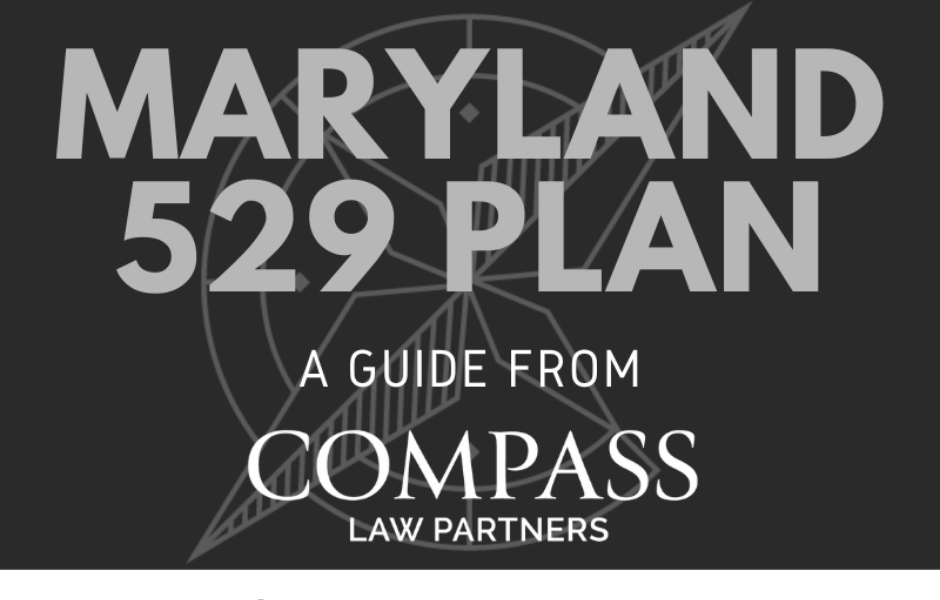Maryland Local Government
Understanding the three forms of Maryland government is key: County Commissioners, Code Home Rule, and Charter. From Calvert to Washington, our expertise spans various counties, ensuring comprehensive government relations management.
County Commissioners: Empowered by the General Assembly, this form allows legislation for specific counties. While a board of county commissioners exercises both executive and legislative functions defined by State law, and may enact ordinances, its legislative power is limited to those areas authorized by the General Assembly, enabling legislation, or public local laws.
Our reach extends to these counties:Calvert, Carroll, Garrett, St. Mary’s, Somerset, and Washington.
Code Home Rule: Since 1915, counties have had the option of governing under code home rule, which enables them to exercise broad local legislative authority.
Our reach extends to these counties: Allegany, Caroline, Charles, Kent, Queen Anne’s, and Worcester.
Charter: The charter government separates the executive branch from the legislative branch. Most typically, it consists of a county executive and a county council.
Our reach extends to these counties: Anne Arundel, Baltimore, Cecil, Dorchester, Frederick, Harford, Howard, Montgomery, Prince George’s, Talbot, and Wicomico. |













 Any parent or family member of a child probably knows that 529 plans can be powerful tax-advantaged tools for saving for educational expenses, especially those incurred in college. However, they can achieve some potentially helpful estate planning goals as well.
Any parent or family member of a child probably knows that 529 plans can be powerful tax-advantaged tools for saving for educational expenses, especially those incurred in college. However, they can achieve some potentially helpful estate planning goals as well.